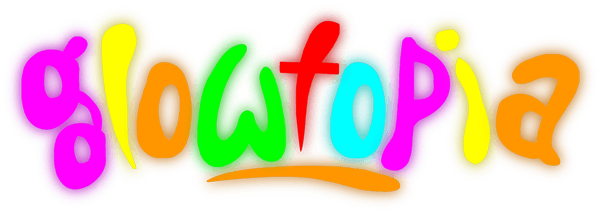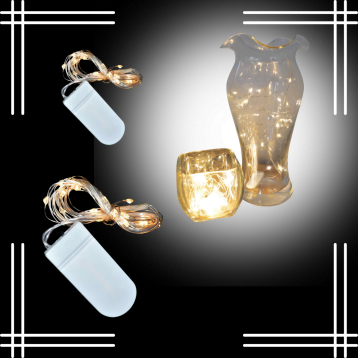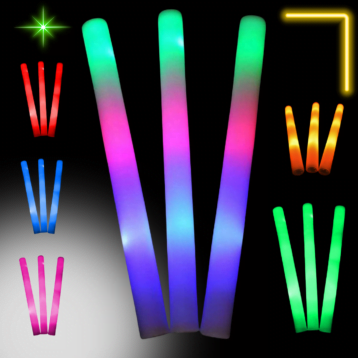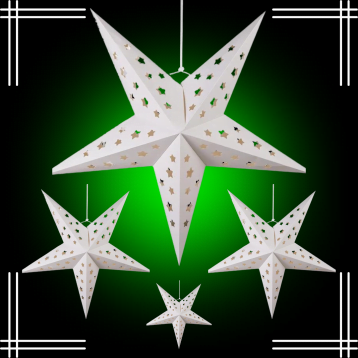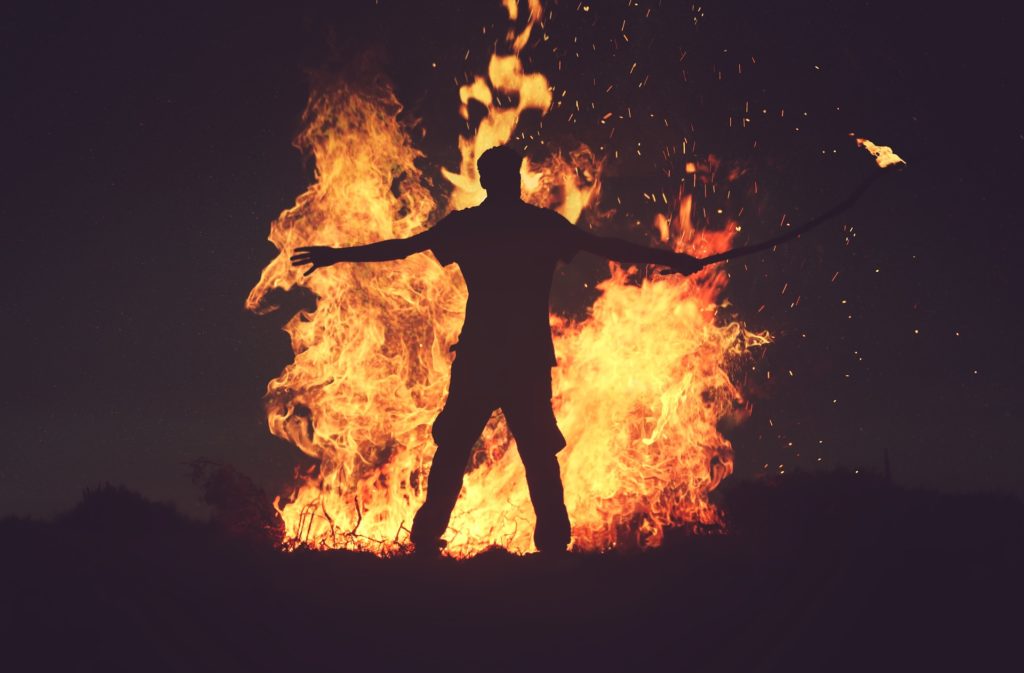
The Origins of the Halloween Festival
I'm yet to meet anyone or go anywhere where Halloween is not a thing. Certainly in the western world, Halloween is big business, but how many of us actually know what it is or where it came from?
Well, it's origins go all the way back to celtic traditions some 2,000 years ago, with the festival "Samhain", pronounced SOW-IN ("ow" as in "cow") when pagan folklore in the United Kingdom, Ireland and Northern France governed the beliefs and ceremonies of the people. Celebrated on the 1st November, the pagans believed this to be the most important of the fire festivals as it marked the end of the harvest and the beginning of the dark nights which consumed the winter months.
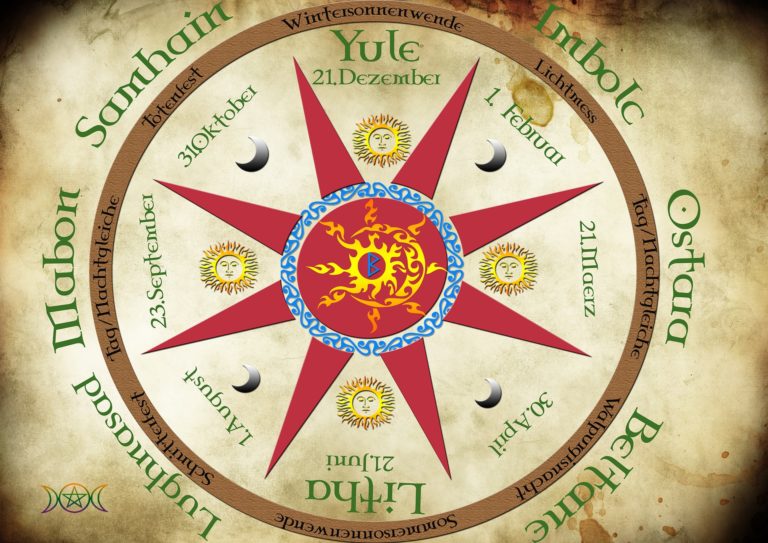
Interestingly, this is where the dressing up tradition began. The Celts believed that during this time the gateway between this world and the "Otherworld" would be penetrable, thus allowing fairies and creatures to cross over. In an attempt to protect their families from any evil doing or tricks, they would prepare a feast for these creatures and leave it outside the village boundary, and would dress up as animals and monsters so they would not be kidnapped or harmed if they were to encounter the creatures.
However, not only monsters and fairies were able to breach the boundary between worlds, but the Druids also believed that the night before, their ancestors would return to visit them. There would be bonfires and a communion to welcome the dead, and ancestors were invited to the celebration and entertained with children's games and news of the year that had passed.
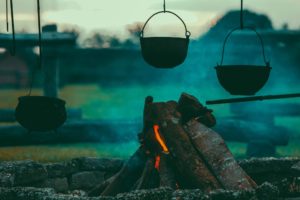
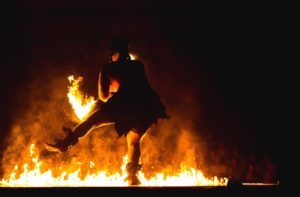
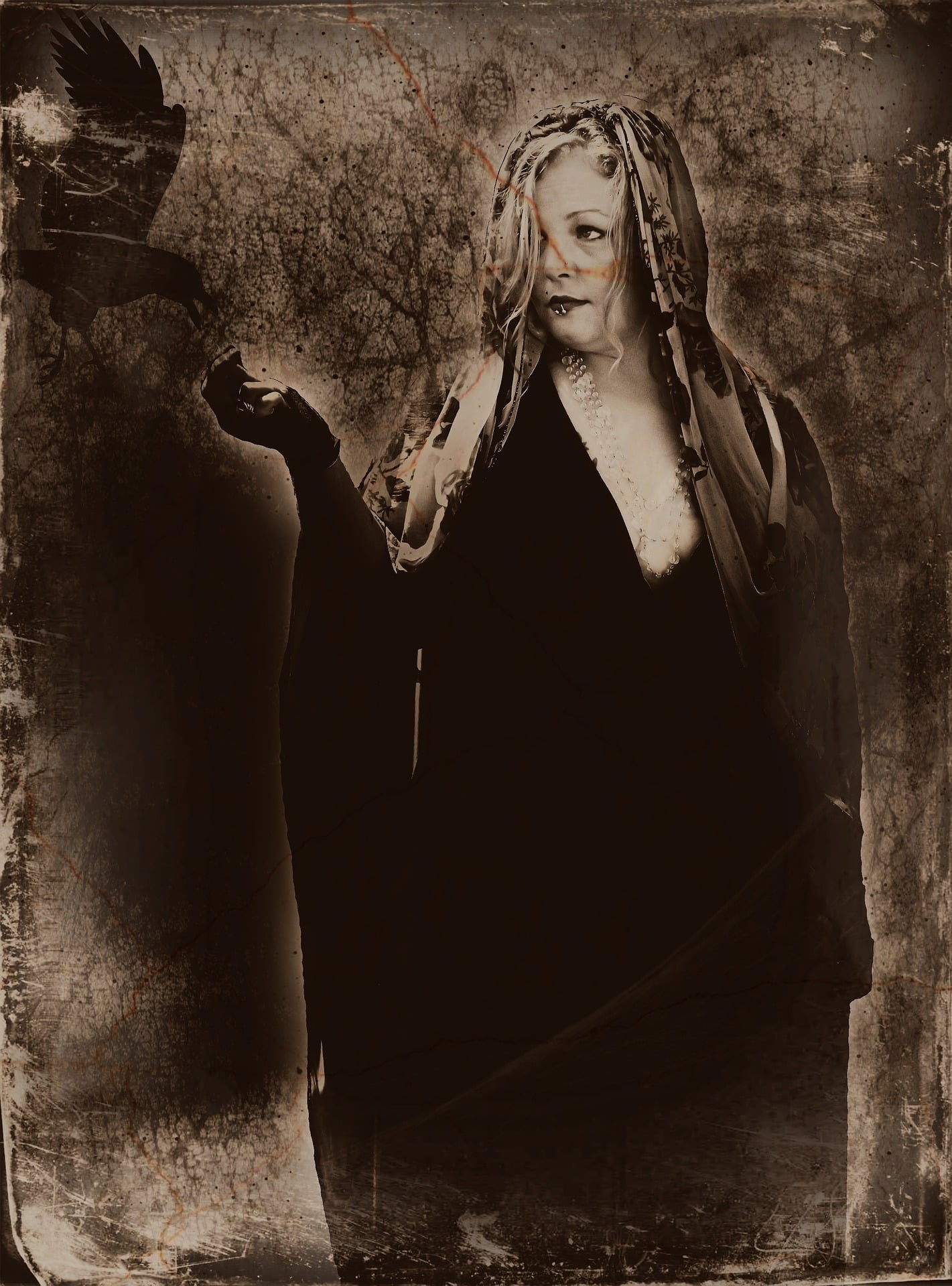
With the conquering Roman empire and the spread of Christianity in the 9th Century, many Celtic traditions were blended and replaced with Christian celebrations. In 1000AD All Saints Day, or "All-hallowmas" (from Middle English Alholowmesse meaning All Saints’ Day) was moved from 13th May to 1st November and introduced into Celtic culture to celebrate the sacrifice of Saints and Martyrs by continuing the same celebrations of bonfires, feasts and costume parades. However, the Celts continued to celebrate their dead and so the 2nd November became the Christian celebration of All Souls Day. Undeterred, the Celts continued their traditional festival of monsters and fairies on 31st October, thus the name "All Hallows Eve" was adopted and eventually over time, the celebration became known as Halloween as we know it today.
Over time, more traditions began to emerge. Carved pumpkins for example, originated from the Irish Celtic tradition of carving beets and turnips into lanterns filled with coal. At the early celebrations, candles and lanterns were lit to help guide the spirits back the Other World after the festival. As time progressed, fruits of the harvest were carved into scary faces as a deterrent to ward away evil spirits, which eventually became a legendary, Halloween tradition with the story of "Stingy Jack" and the birth of the iconic "Jack O' Lantern" we all know today.
Since the 1980s, as a revival in pagan and wicca culture and traditions has been resurrected, the original festival is finding its way back into our modern celebrations. Over the 2 days of 31st October to 1st November, there are celebrations which focus on the death of the Summer and gratitude for the harvest. Death is a central theme in the festival as modern pagans celebrate the dead and invite them to join in with the celebration with communal bonfires and feasts. It moves away from the modern ideology as death and spirits are not to be revered, but a welcome and necessary part of life.
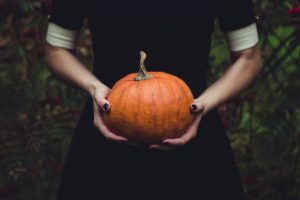
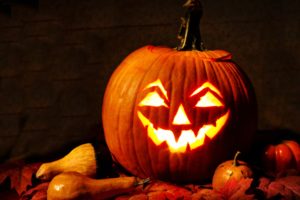
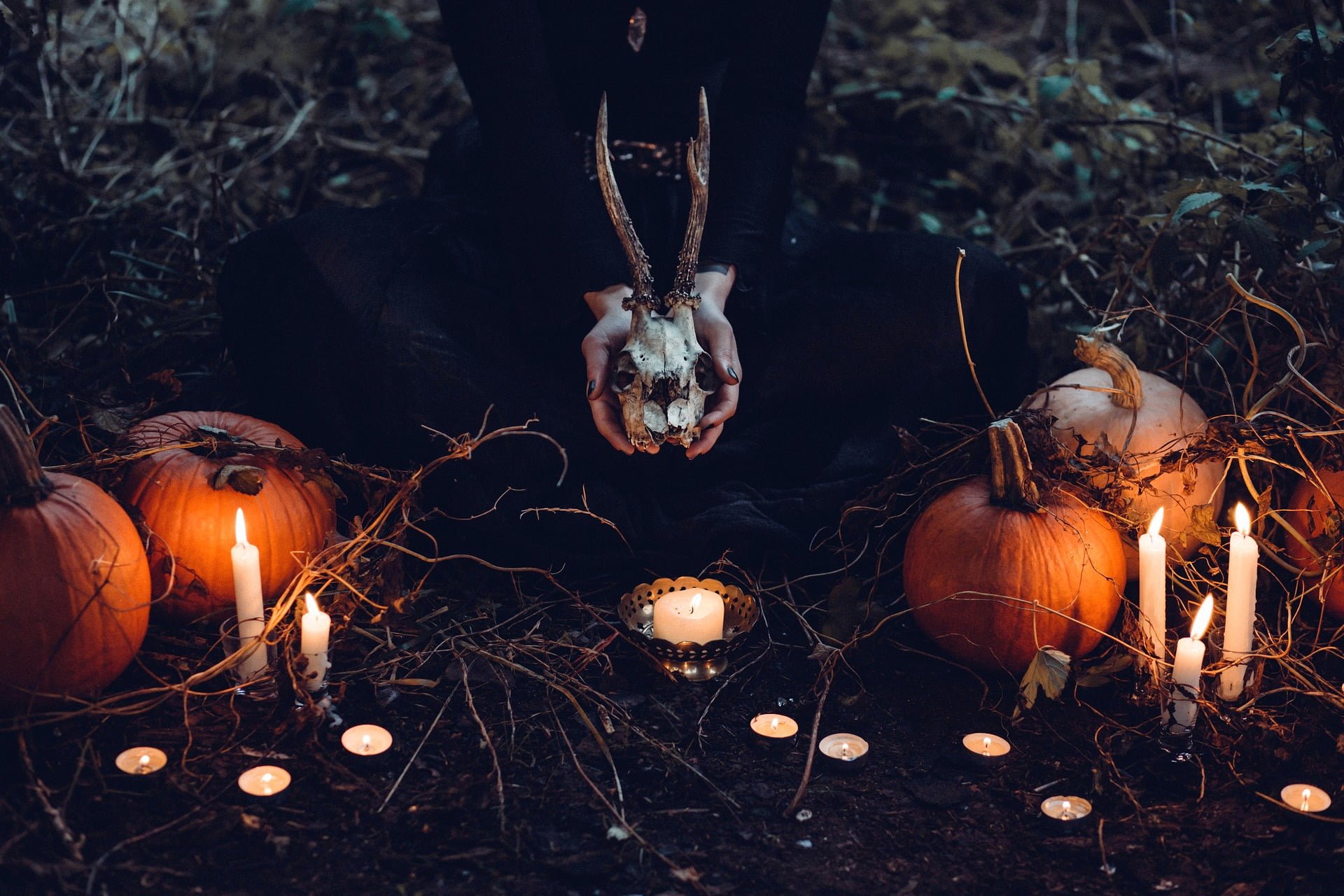
So as you celebrate Halloween this year, when you're dressing up and carving out your pumpkins, you now know where the traditions originated hundreds of years before. Maybe you can incorporate some of the pagan traditions and celebrate with family and friends with a feast or bonfire to pay homage to the ancestors of one of the biggest festivals of the year?
We think it's amazing that we continue the Samhain traditions year after year, and have done so for centuries.
Whatever you do and however you celebrate Halloween or Samhain, we hope you have lots of fun. And stay safe.
